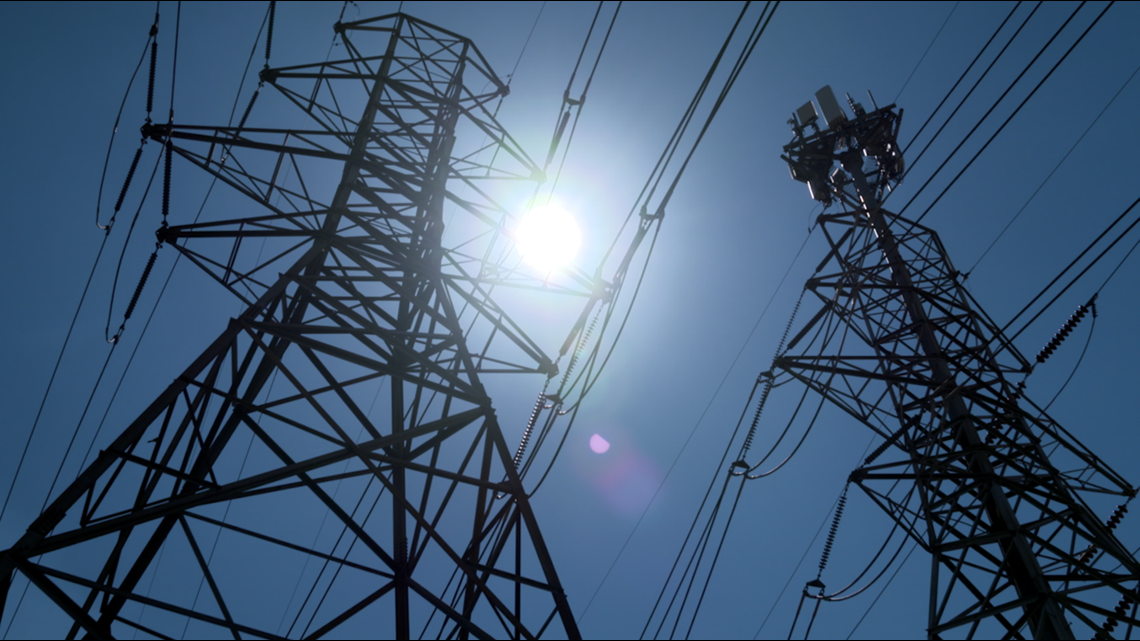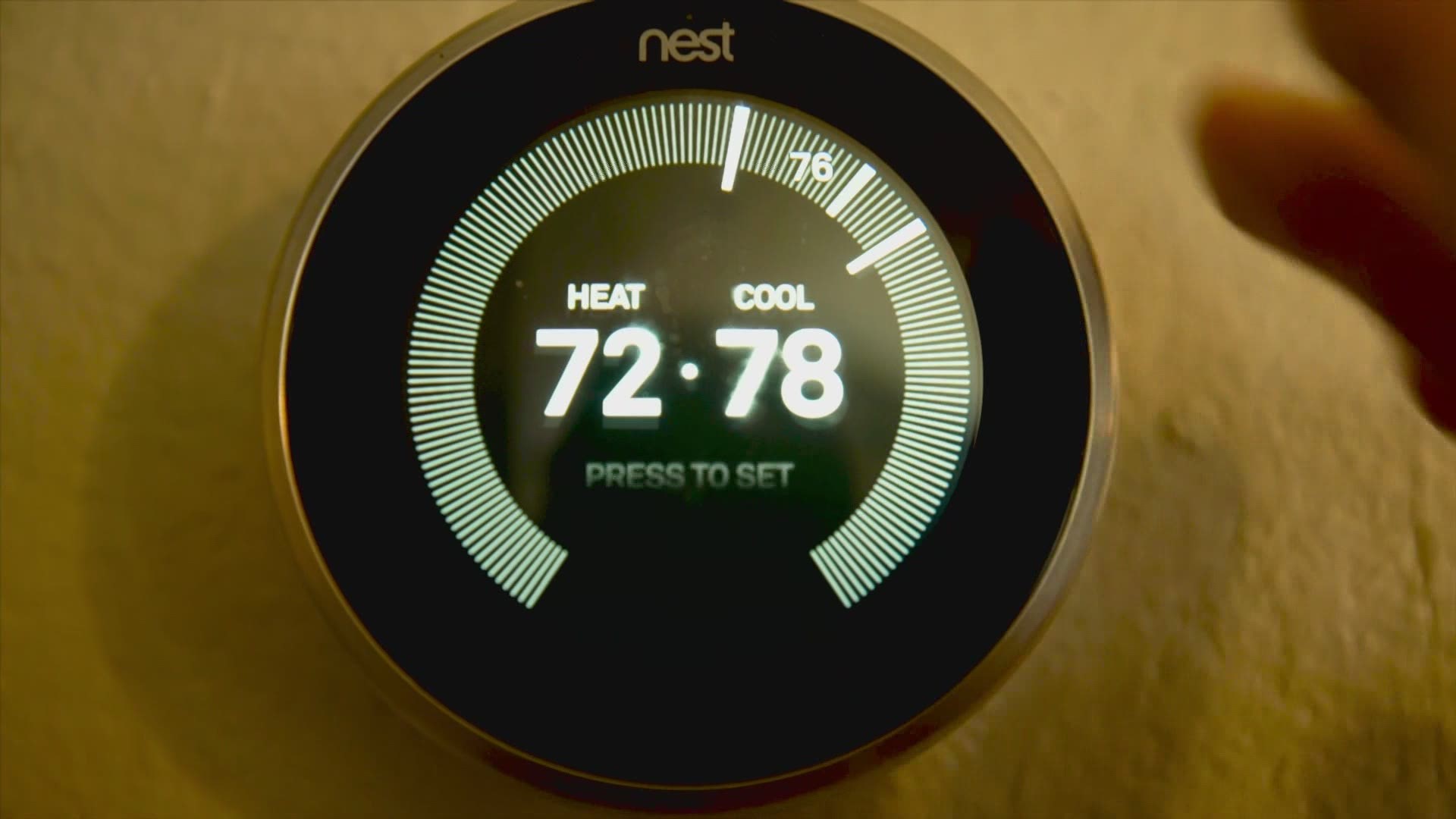DALLAS — The Electric Reliability Council of Texas' request to conserve energy was met with a heavy dose of reluctance, skepticism, and outrage on social media.
Just four months before the June alert was issued, millions of Texans were cold and in the dark for days – their power involuntarily shut off during a massive energy crisis.
Asking them to voluntarily turn off their air conditioners during a June heatwave didn’t generate the kindest responses.
RELATED: Monday saw an all-time record for power usage in Texas in the month of June, ERCOT officials say
“I completely get Texans saying, 'I conserved way more than I wanted to in February and I’m done,'” said Alison Silverstein, an independent energy consultant in the Austin area. “I don’t blame folks for saying that one bit, frankly.”
Silverstein said it is concerning and puzzling that more than 12,000 megawatts of power generation capability was out of service in mid-June, because generators have historically been at their most reliable during the summer production months.


If generation in Texas is going to continue to be less reliable than in the past, Silverstein believes it is important to figure out a way to decrease demand.
That might seem impossible when Texas’s population has boomed. But paying people to use less power might help.
In the airline industry, when demand is high and a flight is oversold, the airline will usually offer customers an incentive in the form of a voucher to voluntarily take a later flight.
Some electric companies offer similar incentives for Texans to voluntarily conserve in a power pinch.
It’s known as demand response.
RELATED: FAQ: ERCOT and the Texas power grid
Demand response plans are more common for retail, business, and industrial customers than residential in Texas.
Silverstein said demand response could and should be a standard offering statewide, but it isn’t.
“If you heard ERCOT say, ‘Please conserve,’ and you turned up your thermostat in response, you are doing that for free. People who get paid to do that think a citizen like me who voluntarily conserves – there’s a name for that and it’s called a sucker,” she said.
Demand could also go down through increased energy efficiency in homes.
“If Texas were to incentivize the purchase of more efficient air conditioners, which we now have, and help homeowners replace the old fleet - that would be a huge improvement,” said oil and gas attorney Chrysta Castañeda.
“If Texas would incentivize rooftop solar and batteries in our homes to store energy - that would be a huge relief.”
Castañeda and Silverstein said they both have begun to worry about the reliability of Texas’s generation sources.
“We’re either going to have to continue to deal with questions about our grid’s reliability in circumstances that are pretty normal for Texas, or we’re going to have to get a new plan - a different way of running our electric system here in Texas,” Castañeda said.
If it’s time to change the way Texans consume power, one way to force change could be to show Texans the money.
“We are really good at doing what we’ve always done, but that doesn’t mean we can’t learn,” Silverstein said.

